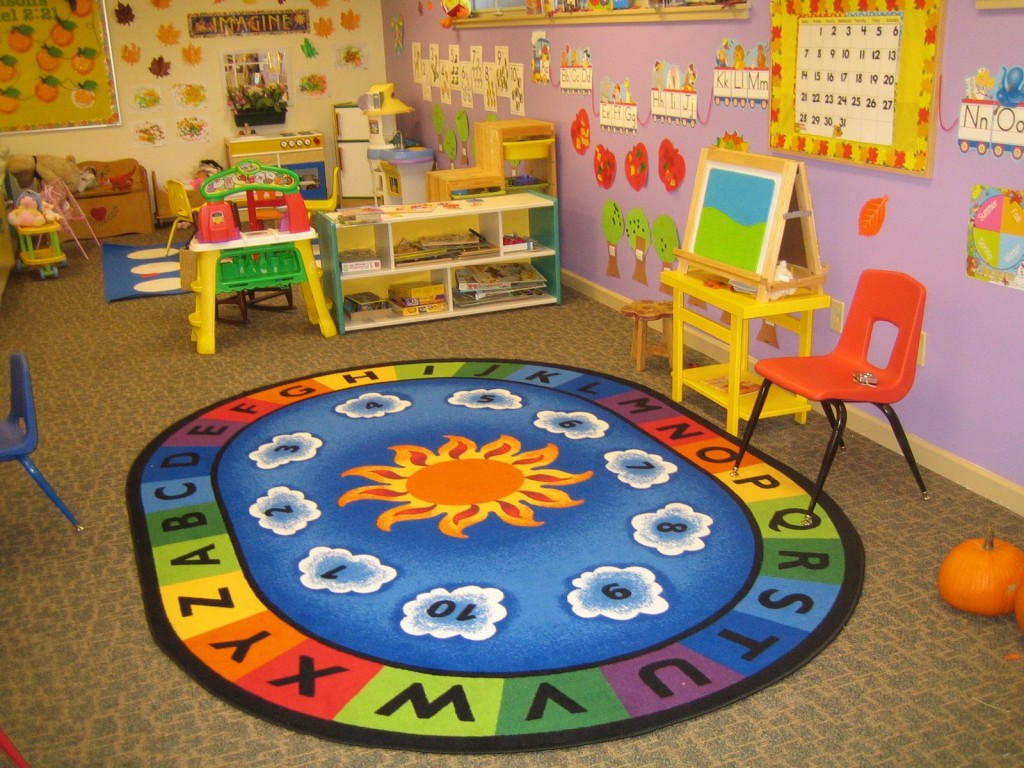There’s a pressure these days to get our kids ready for school. They should be able to sit still, raise their hands, know their ABCs, colors, numbers, shapes, and more! And we FEEL like they should be ready for school BEFORE they even start preschool. On one hand, many of us know this push for preschool perfection is overkill and competitiveness on our own parts. We know we’re thinking too much and expecting too much; so what is reasonable? What does getting ready for preschool. mean?
 |
| Photo via www.beinglatino.us |
As an Infant Mental Health Clinician, I worked with many parents helping them understand what getting ready for preschool meant for their child. Through my work, I loved the site Zero to Three for many reasons and it has a handy infographic that outlines how to get ready for preschool. The site also has a lot of great advice on how to get ready for preschool.
Essentially, getting ready for preschool breaks down into four areas of readiness: emotional, social, developmental, and academic.
Getting Ready for Preschool
EMOTIONAL
Can your child manage his or her emotions appropriately? Can he or she identify mad/sad/glad and perhaps a few more feelings? Can your child handle powerful emotions without escalating to full out tantrums?
You can help your children develop emotional readiness by labeling their emotions, and your own. Get dad or the other co-parent involved in this too. Help your children learn to calm themselves down when they get worked up. Identify that powerful emotion, sit with them, and help them through it. Talking to a screaming child (if he has worked himself up that much) won’t help, but you can hold a hand or comfort other ways. Do control your own emotions when children scream and shout — don’t let them get you worked up too.
SOCIAL
Can your children play well with others? Can they ask for what they want/need from you and other adults? Does your child behave well in a variety of social settings?
Help your child get ready for preschool by taking her to different places. Visit the store, the mall, museums, the park, friends and neighbors, fairs, the library, and farmer’s markets. Teach your child how to behave by modeling good behavior: politeness, respect for others, listening well, taking turns. Play school and let your child be the teacher, then switch to let your child play the student. Turn practice into playtime!
DEVELOPMENTAL
Getting ready for preschool and being ready for preschool requires a certain level of developmental maturity. This depends on age, gender, personality and the developmental spectrum is pretty wide. What one three year old can do another might not be able to do for six months. Check in with your pediatrician to find out how your toddler and preschool-aged child is doing and ask what the doctor recommends. Also, check out the local preschools and see what their requirements are for developmental readiness; one preschool might require your child be fully potty-trained, for example, while another may allow pull-ups to be worn.
What you can do to help developmental readiness for preschool is, probably exactly what you’re already doing: read with them, play with them, sing songs, color, sit down to eat with them, teach them to wash their hands and brush their teeth, etc.
ACADEMIC
Worry less that they know their ABCs by age 3 and practice more raising hands to ask a question at dinner, taking turns, and managing emotions without melting down. Getting ready for preschool is less academic (this will come later) and more about social/emotional readiness.
Chances are, your 3 year old will do just fine if plopped into a preschool classroom tomorrow. Your child may cry at first, or run off without looking back. He or she will make new friends, draw too many pictures that will fill up the front of your fridge, and get in trouble a few times with the teacher. But, your child will be OK. You’ll be the one crying in your car and having a tantrum over your baby growing up so fast.
Let’s connect on social media too:
Mumbling Mommy on Facebook
Mumbling Mommy on Twitter
Mumbling Mommy on Pinterest
Category: EducationTags: Amanda








